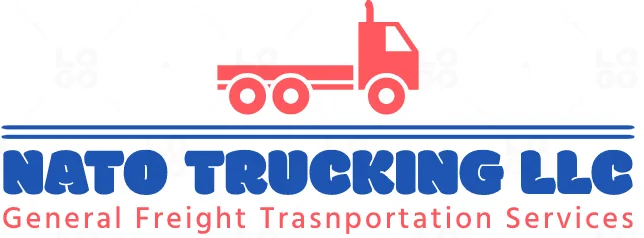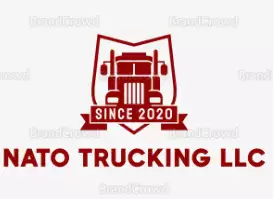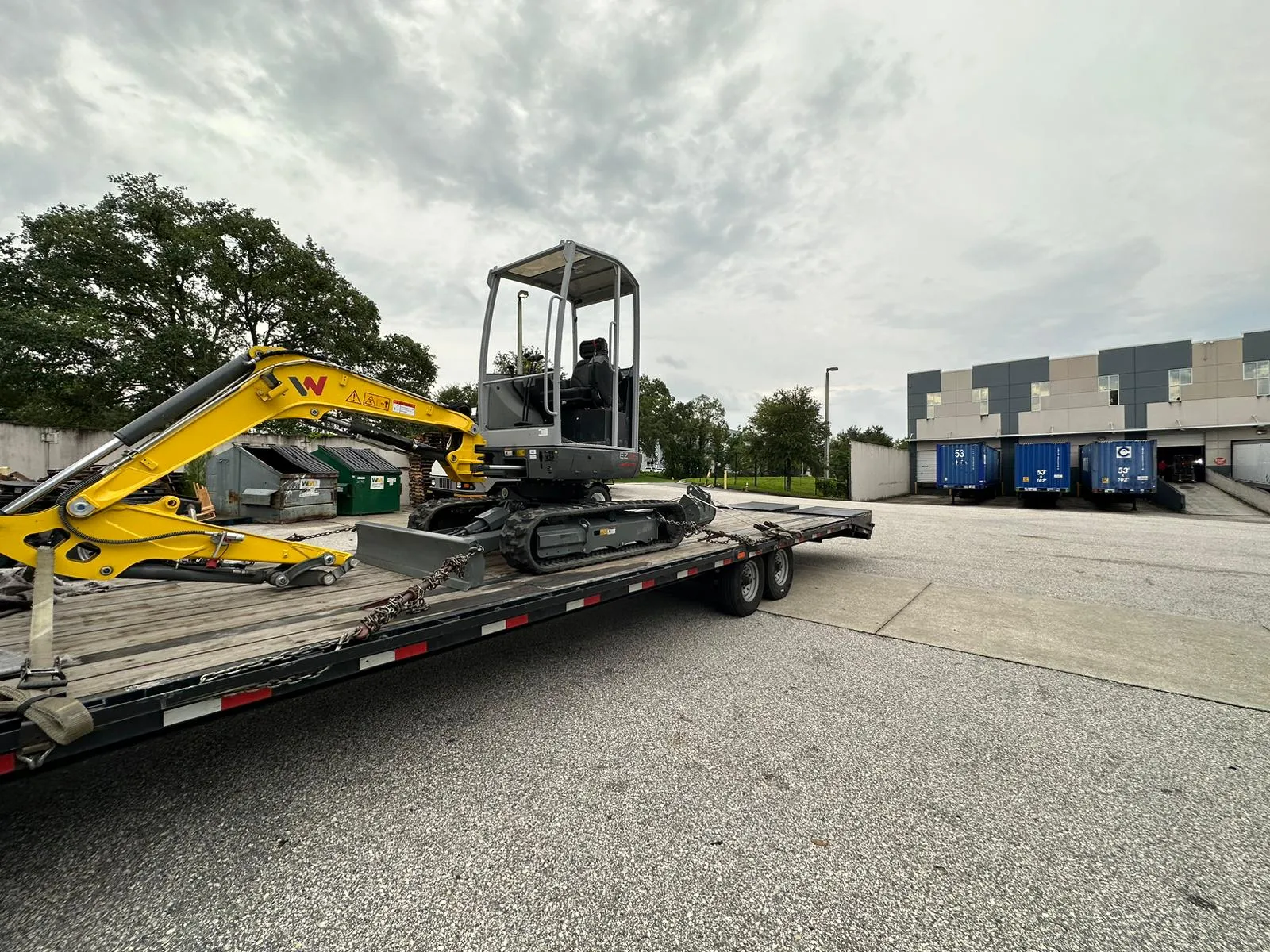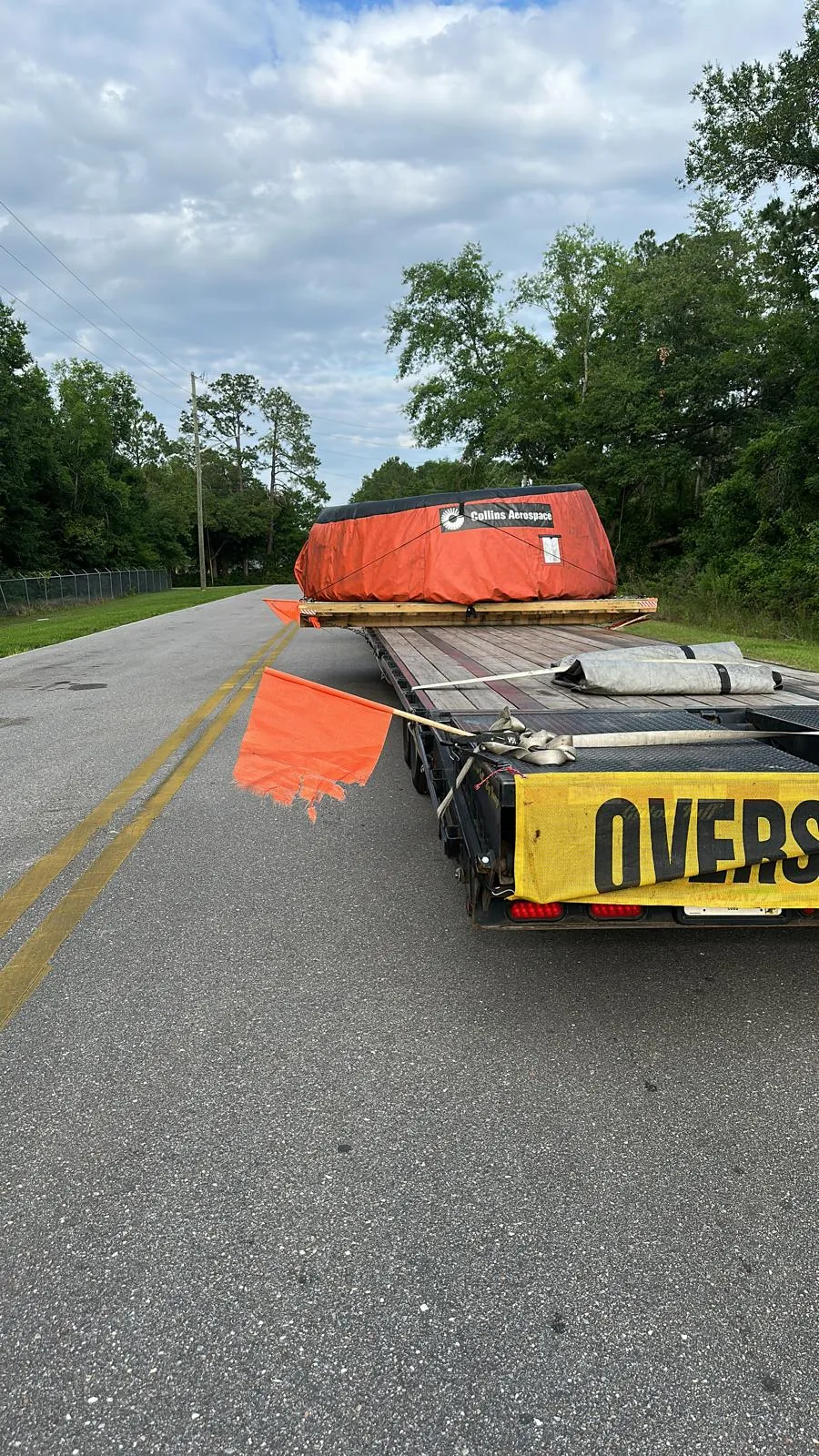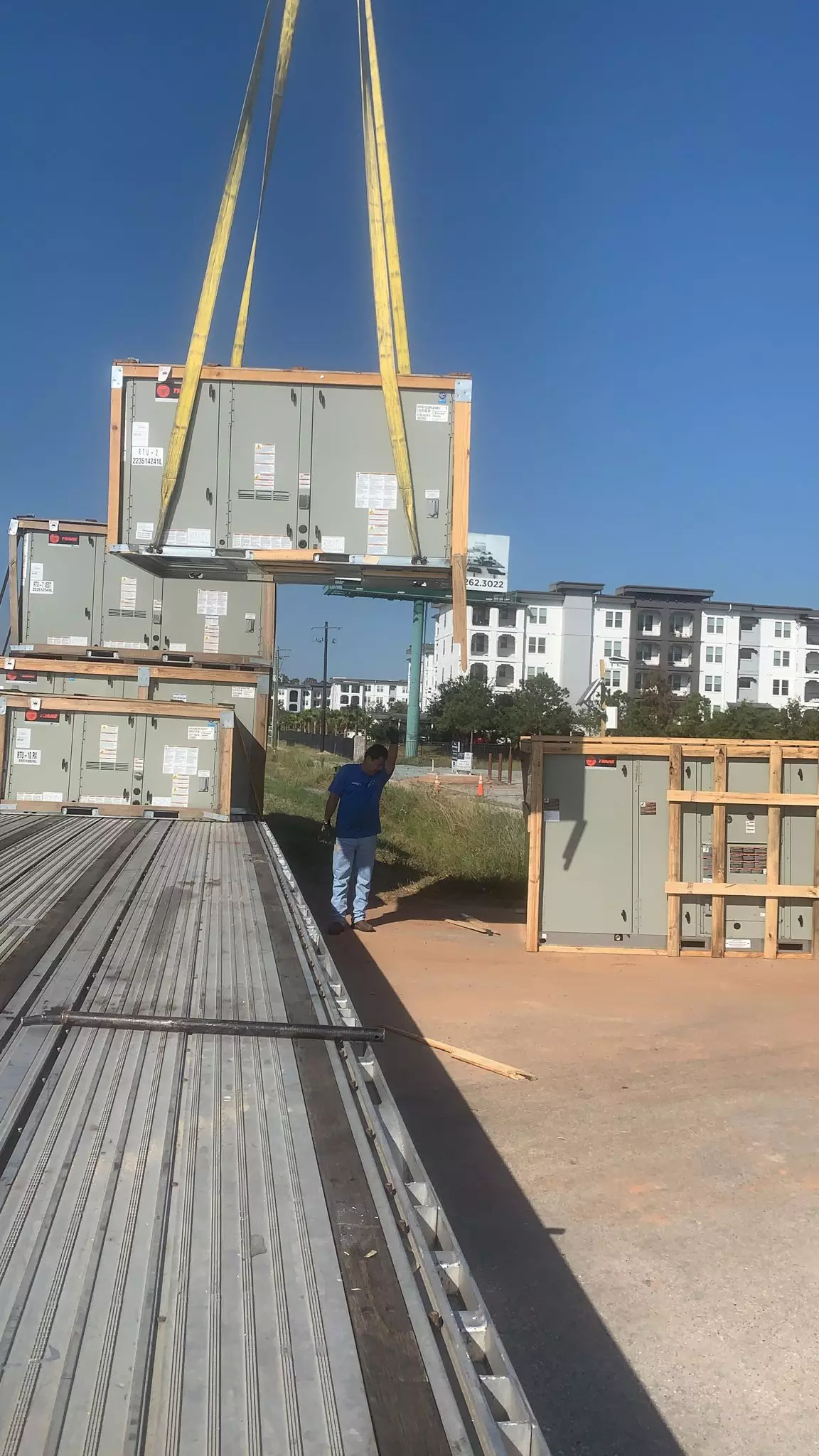how to ask for a freight quote
Requesting a freight quote involves providing essential information about your shipment and clearly expressing your requirements to potential carriers or freight brokers. Here’s a step-by-step guide on how to ask for a freight quote effectively:
1. Gather Shipment Details:
- Origin and Destination: Specify the exact pickup and delivery locations, including city, state, and zip codes.
- Freight Type and Dimensions: Clearly identify the type of goods being shipped, such as dry van, refrigerated, or flatbed. Accurately measure the shipment’s length, width, and height.
- Weight and Volume: Weigh the shipment and calculate its cubic feet (volume).
- Special Handling Requirements: Determine if the shipment requires any special handling, such as liftgate service, hazardous materials handling, or temperature-controlled transportation.
2. Prepare a Request for Quote (RFQ):
- Subject Line: Use a clear and concise subject line, such as “Request for Freight Quote – [Origin] to [Destination]”.
- Introduction: Briefly introduce your company and the nature of your shipment.
- Shipment Details: Provide the detailed information gathered in step 1.
- Desired Transit Time: Specify your desired delivery timeframe, considering the urgency and distance of the shipment.
- Additional Services: Request any additional services you require, such as liftgate service, insurance coverage, or real-time tracking.
- Contact Information: Include your complete contact information, including name, email address, and phone number, for easy communication.
3. Identify Potential Carriers or Freight Brokers:
- Online Freight Quote Platforms: Utilize online freight quote platforms like Freightquote, uShip, or DAT to compare rates and receive instant quotes from multiple carriers.
- Industry Directories: Consult industry directories like Transport Topics, LogisticsIQ, or The Journal of Commerce to find reputable carriers and freight brokers.
- Networking and Referrals: Seek recommendations from colleagues, industry contacts, or business partners who have experience with freight transportation.
4. Contact Carriers or Freight Brokers:
- Email: Send your RFQ via email to the sales or customer service representatives of the carriers or freight brokers you’ve identified.
- Phone: If immediate assistance is required, call the carriers or freight brokers directly to discuss your shipment details and receive quotes.
5. Compare Quotes and Select a Carrier:
- Thorough Evaluation: Carefully review and compare the quotes received from multiple carriers or freight brokers.
- Pricing Considerations: Evaluate the overall cost, including base rate, fuel surcharges, accessorial fees, and any additional services requested.
- Carrier Reputation: Assess the carriers’ reputation for reliability, service quality, and safety compliance.
- Communication and Responsiveness: Consider the carriers’ responsiveness, communication style, and ability to address your specific needs.
6. Confirm Booking and Establish Logistics:
- Booking Confirmation: Once you’ve selected a carrier, confirm the booking in writing, ensuring all details are accurately reflected.
- Bill of Lading (BOL): Prepare and provide the carrier with a complete and accurate BOL, including shipper and consignee information, shipment details, and special instructions.
- Tracking and Communication: Stay informed of the shipment’s progress by utilizing the carrier’s tracking system or maintaining open communication with their representatives.
